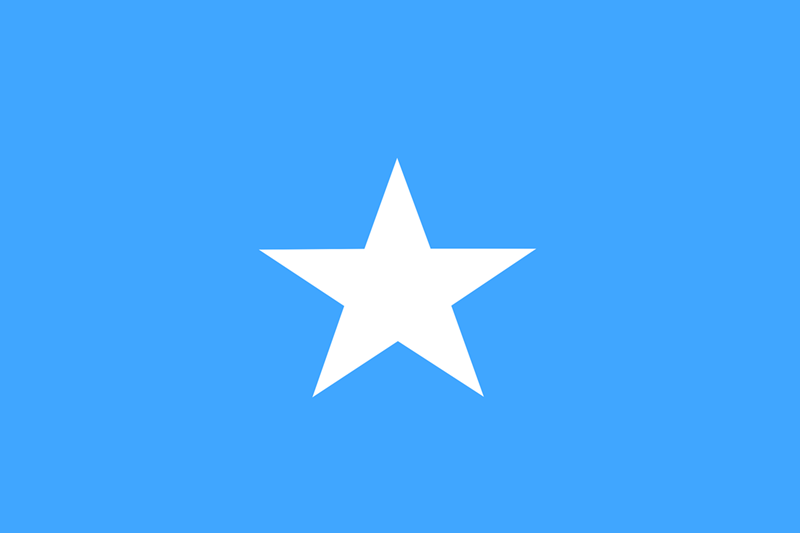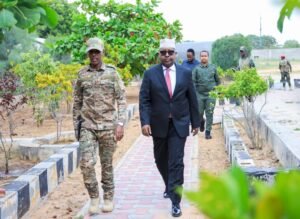Washington, D.C. – A brief remark by U.S. President Donald Trump has set Somaliland social media alight and stirred celebrations among supporters of the self-declared republic — but a closer look suggests the euphoria may rest more on hopeful interpretation than on any real shift in U.S. policy.
The comment came Friday during a media exchange in which Trump was asked about his position on relocating displaced Gazans — a politically fraught and diplomatically thorny issue — and whether he would recognize Somaliland’s independence if approached.
“That’s something we’re looking at,” Trump replied. “It’s a good question; it’s another very tough one, as you know, but we’re working on it. Somaliland.”
Somaliland’s supporters — who have sought international recognition since breaking away from Somalia more than 30 years ago — largely ignored the Gaza context and seized on the possibility of recognition as a historic breakthrough. Social media posts, diaspora commentary, and some local outlets portrayed it as a sign Washington might be preparing a dramatic policy shift.
But political analysts warn that the response was classic diplomatic deflection: acknowledging the question, expressing consideration, but making no firm commitment. The phrase “we’re looking at it” is a staple of politicians worldwide when sidestepping a direct answer — especially on sensitive, multi-layered issues.
Trump’s follow-up — calling it “another very tough one” — underscored the complexity: a mix of U.S. foreign policy doctrine, longstanding African Union and UN positions recognizing only Mogadishu’s authority, and the risk of inflaming tensions in both the Horn of Africa and the Middle East.
For decades, U.S. administrations of both parties have adhered to a “One Somalia” policy, aligning with the AU and UN stance. Reversing that position — particularly in connection with a hypothetical Gaza resettlement deal — would mark a seismic change in American diplomacy, one that would require interagency review, consultation with allies, and likely congressional involvement.
No such shift is in evidence. There has been no follow-up statement from the State Department or other U.S. agencies — a strong indicator that no official policy change is imminent.
While a U.S.-Somaliland partnership could offer strategic advantages, particularly given the territory’s location near the Bab al-Mandab Strait — a vital maritime chokepoint — such benefits would be weighed against the risk of alienating Somalia’s federal government, upsetting African Union partners, and destabilizing the already fragile Horn of Africa.
The bottom line: Trump’s comment was a polite acknowledgment, not a green light. Without a formal diplomatic move — a press statement, executive order, or bilateral agreement — Somaliland’s independence remains unrecognized by Washington, and Friday’s flash of hope remains just that: a flash.


